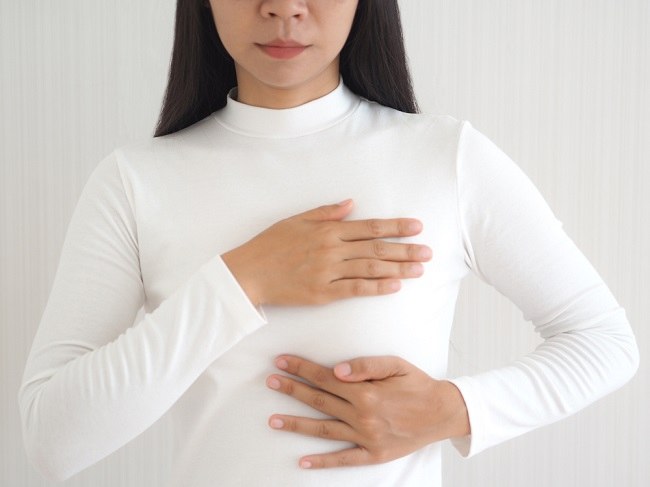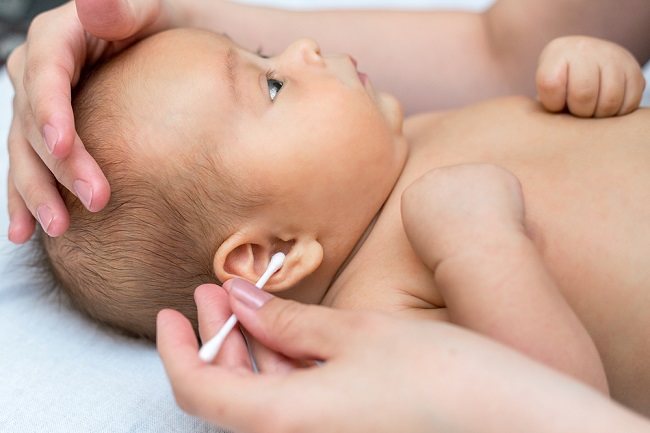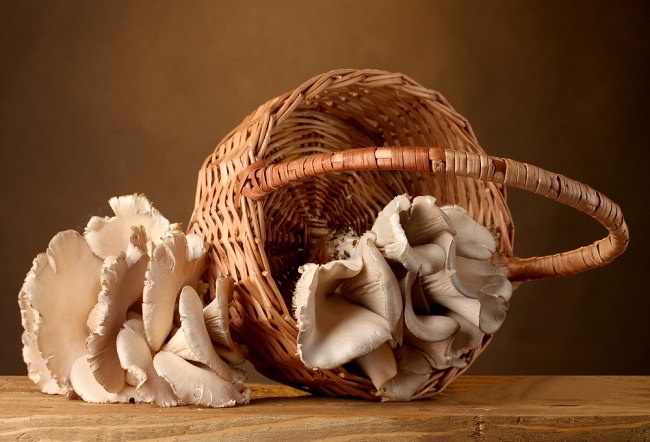The appearance of a cyst when pregnantcan make pregnant women meflavor worried, especially if this is first pregnancy and detected in the first trimester of pregnancy. Cysts during pregnancy can be treated with several treatments, but must be adjusted to the condition of the pregnant woman and the size of the cyst.
Cysts during pregnancy are possible to appear, and the most common are ovarian cysts. Generally, cysts have been formed before fertilization with various sizes, but often cysts are only discovered when pregnant women perform an ultrasound examination.

Cysts that appear in early pregnancy will usually shrink around the 14th week and disappear by the 16th week of pregnancy.
Cyst Symptoms saat pregnant
When a cyst arises in one of the ovaries (ovarian), the symptoms are not typical, sometimes even asymptomatic. However, if the cyst gets bigger, symptoms will appear in the form of:
- Irregular menstrual cycle
- Abdominal pain above the pubic or pelvic pain
- Feel full fast
- Bloated
- Frequent urination
- Vaginal bleeding
- Nausea or vomiting
- Pain during sexual intercourse
These symptoms can be very similar to the symptoms of a pregnancy outside the womb (ectopic pregnancy). Therefore, immediately consult a gynecologist if you feel that there are unusual changes during pregnancy.
Cyst Effect onPregnancy
After detecting the presence of cysts in the ovaries of pregnant women, usually the doctor will monitor the development of the cyst first to determine the necessary action. The reason is, cysts during pregnancy do not necessarily cause problems during pregnancy.
If the size of the cyst in pregnant women is small and harmless, the doctor will only recommend routine examinations and ultrasound to the obstetrician. This is done to monitor the development of the cyst, whether it has shrunk, completely disappeared, or is enlarged.
In addition to shrinking and then disappearing by itself, cysts in the ovaries can also disappear due to rupture. Usually the rupture of a small cyst will not show any symptoms or signs in pregnant women. However, if the ruptured cyst is large or above 5 cm, pregnant women will feel severe pain.
In some cases, the rupture of the cyst can cause bleeding in the abdomen that has the potential to interfere with pregnancy.
Treatment of Cysts during Pregnancy
Cysts generally do not affect the pregnancy or the fetus. However, you should still regularly check with your doctor if you find a cyst during pregnancy. The doctor will conduct an examination and provide treatment according to the cause, size, age of the pregnant woman, and the appearance of the cyst on ultrasound examination.
Methods of handling cysts during pregnancy are divided into 2, namely:
Regular monitoring
Routine monitoring is usually done if an asymptomatic cyst is detected. These cysts do not require special treatment and can go away on their own with increasing gestational age. To be sure, you can undergo routine ultrasound examinations.
Operation procedure
If the cyst is large and has the potential to block the baby's birth canal during delivery, an obstetrician can perform surgical removal of the cyst.
Surgical removal of the cyst should be done when the gestational age enters the beginning of the second trimester of pregnancy. Even so, this operation must be done with caution because of the risk of disturbing the pregnancy and the fetus.
Cysts during pregnancy tend to be benign and will disappear with advancing gestational age. However, you still need to have regular check-ups with your obstetrician to monitor the growth of the cyst, especially if the cyst causes complaints.









